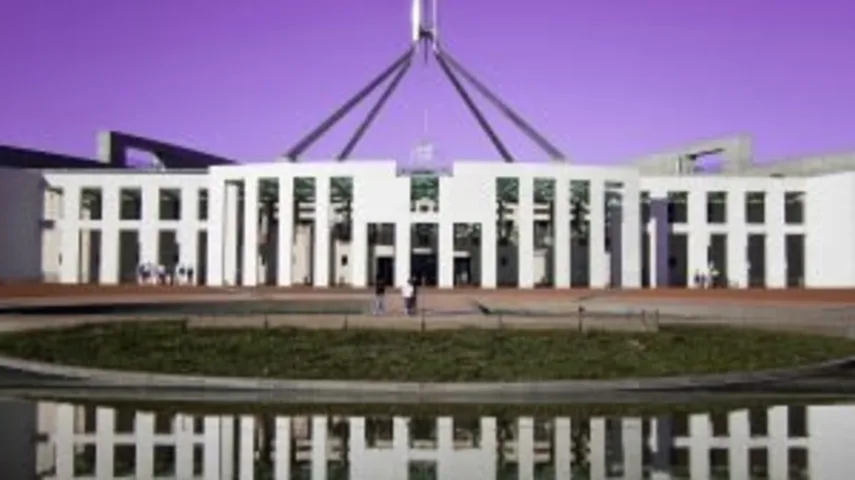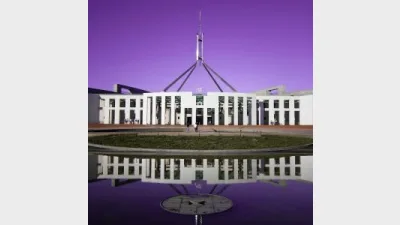Nationalising super a moral hazard: ASFA



The Association of Superannuation Funds of Australia (ASFA) has hit back at Liberal senator Andrew Bragg’s call to nationalise superannuation and put all Australians into a national default fund managed by the Future Fund unless they opt out.
ASFA said nationalising superannuation was facile and at odds with concerns regarding concentration and common ownership of Australian Securities Exchange (ASX) companies.
ASFA chief executive, Dr Martin Fahy, said: “This illiberal idea is inconsistent with the recently-announced House of Representatives inquiry into concentration and common ownership in the Australian share market and would exacerbate the very issues which are the apparent cause of concern for this inquiry.
"Moreover, the industry is still in the process of implementing the latest round of major reforms which were legislated only last month, so creating further confusion for Australians right now is perplexing, particularly given the strong performance of superannuation funds over the past year."
ASFA said the head of the Organisation for Economic Co-operation and Development (OECD) was also against nationalising super.
"Putting the precious retirement savings of Australian workers into a nationalised entity raises the spectre that down the road we could of see the fund raided for pet projects and political interference in its investment decisions,” Fahy said.
"Defaulting people into a government-controlled superannuation fund will lead to the moral hazard of superannuants expecting the Government to underwrite their retirement outcomes and pick up the bill for any underperformance or losses in the long-term.”
Bragg, along with the Centre for Independent Studies (CIS), launched a discussion paper today calling for a Government-run default super fund.
“The Future Fund provides high returns and lower costs for consumers, benefiting not only members of the fund but all Australians by creating a competitive benchmark for the entire sector,” Bragg said.
Bragg said the “closed oligopoly of funds had led to a sluggish, inefficient, and greedy industry”.
“The super funds have had it far too easy for far too long. It’s essentially been a gravy train. With these reforms competitors would have to do better to attract customers to opt out of the default and opt into their fund,” Bragg said
Recommended for you
Super trustees need to be prepared for the potential that the AI rise could cause billions of assets to shift in superannuation, according to an academic from the University of Technology Sydney.
AMP’s superannuation business has returned to outflows in the third quarter of 2025 after reporting its first positive cash flow since 2017 last quarter.
The major changes to the proposed $3 million super tax legislation have been welcomed across the superannuation industry.
In holding the cash rate steady in September, the RBA has judged that policy remains restrictive even as housing and credit growth gather pace.










why would anyone want to put their super under gov control?? this is a crazy idea, from a senator.